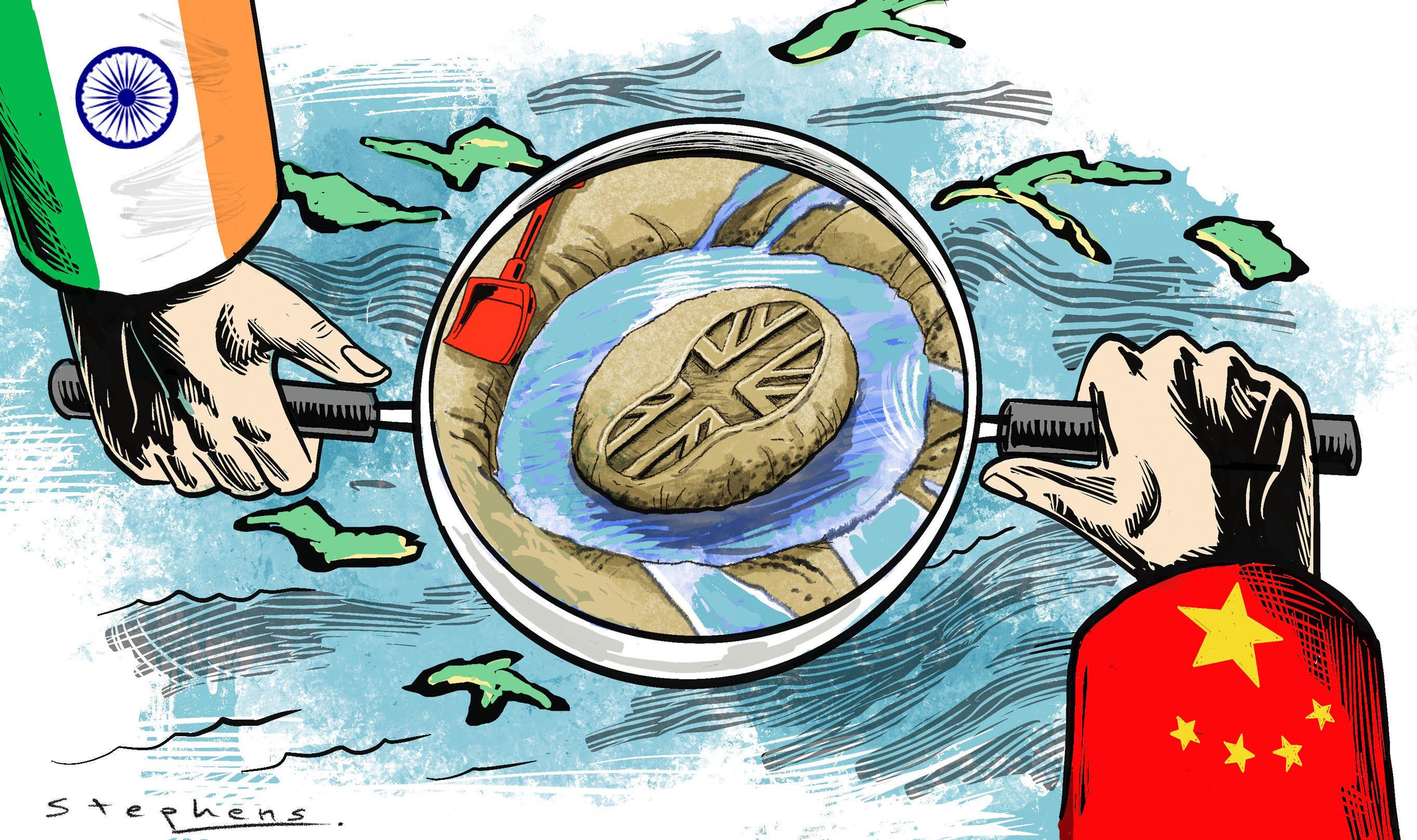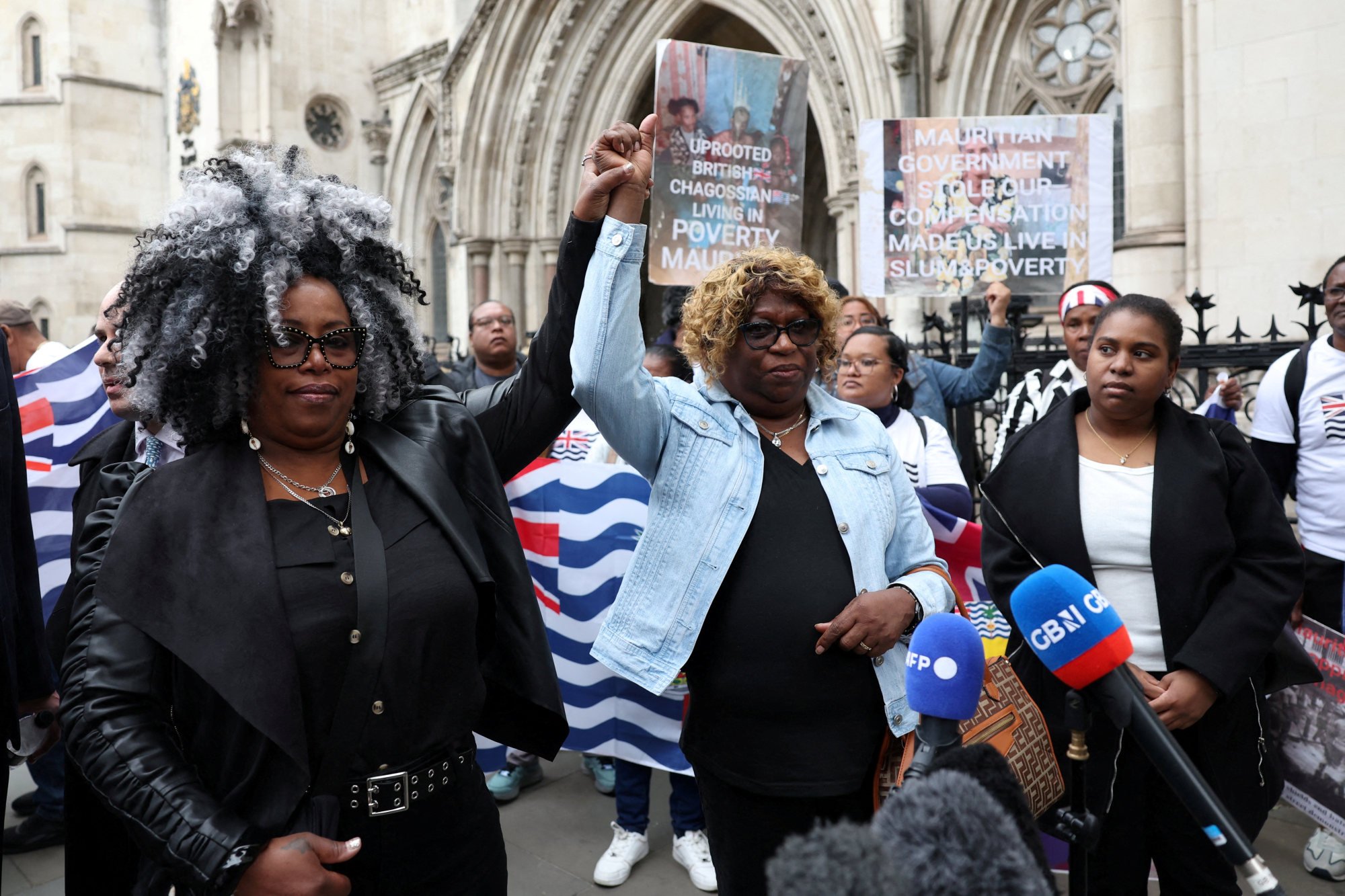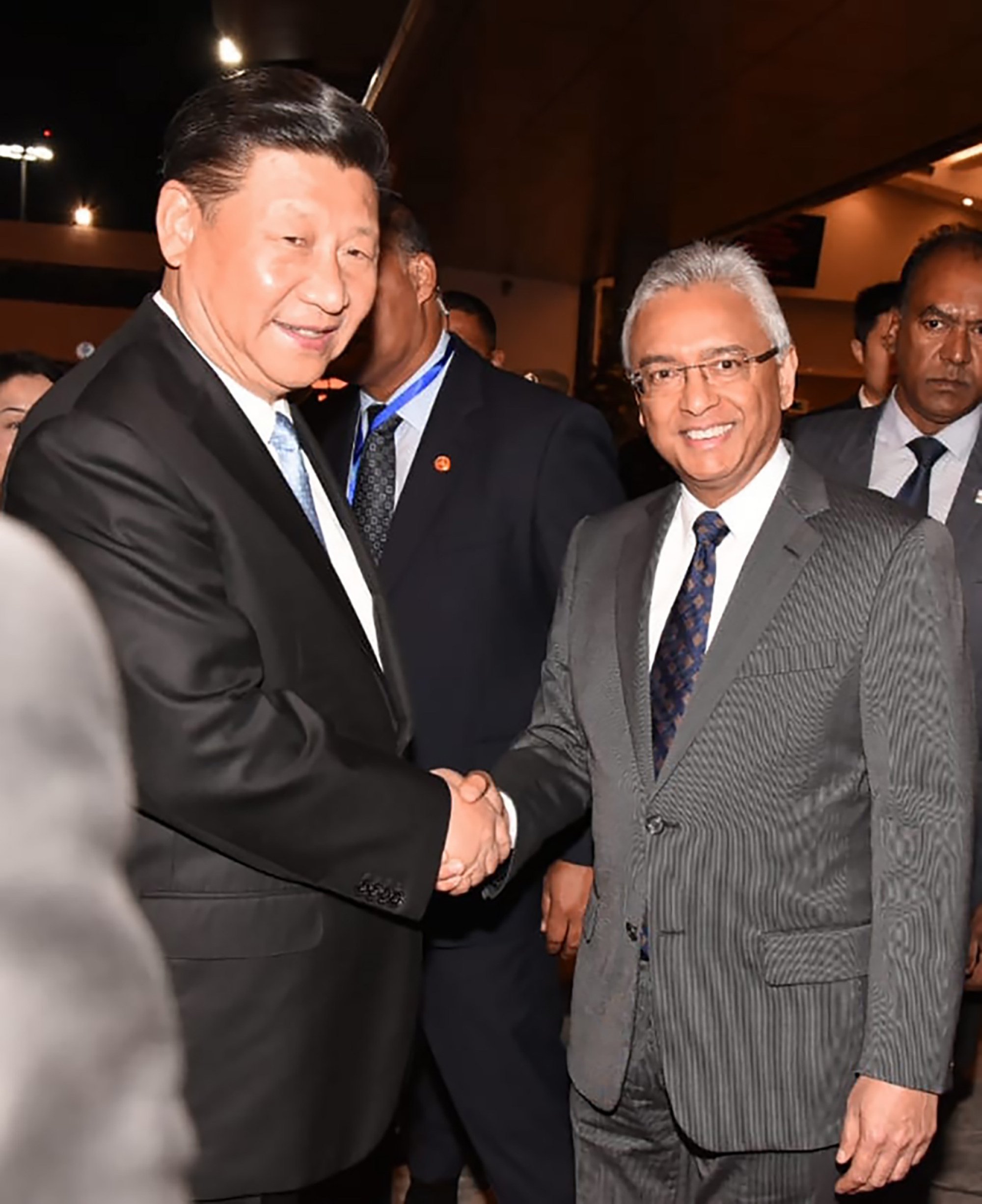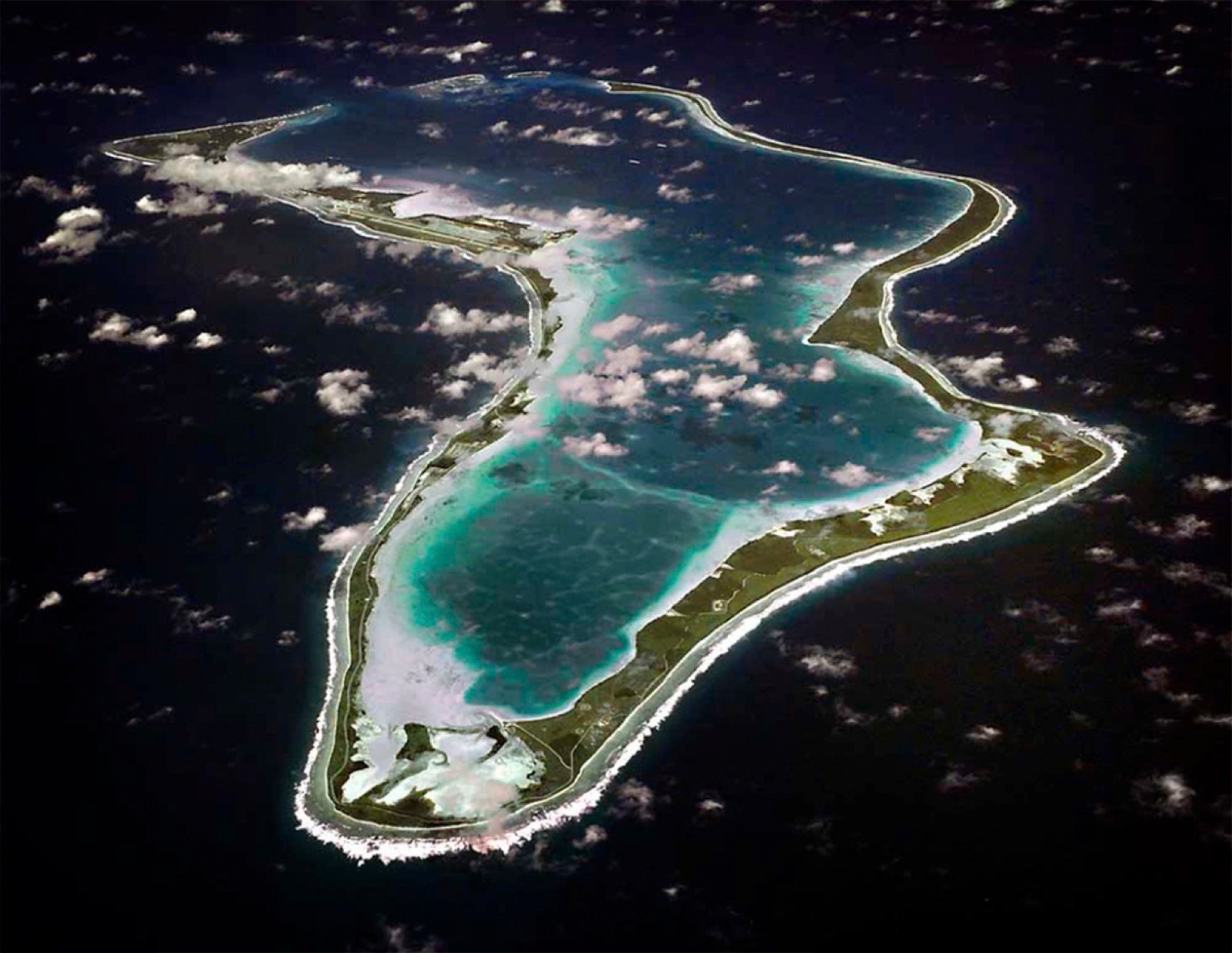UK’s Chagos deal puts spotlight on strategic contest in the Indian Ocean
Once seen as a relic of colonialism, the Chagos Archipelago has evolved into a flashpoint in global strategic competition

Decades of dispute over the Chagos Archipelago in the Indian Ocean, rooted in colonial history and international legal challenges, have been addressed after the United Kingdom agreed to transfer sovereignty of the islands to Mauritius. Under the May 22 deal, the UK retains a 99-year lease on the UK-US military base on Diego Garcia, the largest of the islands.
Under British colonial rule, the island chain was separated from Mauritius in 1965, three years before Mauritius was granted independence. Around 2,000 Chagos residents were forcibly removed to make way for the building of the military base on Diego Garcia.
In 2019, the International Court of Justice in The Hague issued its “advisory opinion” that the continued UK administration of the Chagos Archipelago was unlawful and should end “as rapidly as possible”. The UN General Assembly subsequently passed a resolution affirming Mauritius’ sovereignty over the archipelago.
The UK government under Prime Minister Keir Starmer defended the deal as necessary to comply with international law and maintain strategic security interests. The deal includes a 24-mile buffer zone around Diego Garcia where nothing can be built without UK consent. It also prohibits foreign military and civilian forces from the Chagos Archipelago, with the UK retaining the power to veto any access.
Mauritius hailed the agreement as a significant victory in its long-standing campaign to regain the Chagos Archipelago. Under the terms, the UK will pay Mauritius £101 million (US$137 million) annually to lease the Diego Garcia base for at least 99 years and establish a £40 million trust fund for the benefit of the Chagos community.
But while the deal addresses sovereignty issues, it leaves questions about the resettlement rights of displaced Chagossians, many of whom seek the right to return.

The deal has garnered much international attention, particularly from countries with strategic interests in the Indian Ocean region. India, which backs Mauritius’ claim, applauded the agreement, amid concerns about growing Chinese influence in the region. While the Maldives, concerned that changes in sovereignty could affect its exclusive economic zone claims, initially voted against the 2019 UN Chagos resolution, it shifted its position in August 2022 to support Mauritius.
Diego Garcia plays a pivotal role in US military operations, serving as a launch point for missions in the Middle East and Indo-Pacific, and is seen as indispensable to America’s strategic footprint in the region. The United States is thought to have worked closely with both the UK and Mauritius to ensure the new arrangement would preserve the functionality of the base.
But concerns have surfaced about China’s influence in the Indian Ocean, especially with rising strategic competition with the US and as Beijing expands its maritime presence. The UK has accused China, among other countries, of attempting to “collapse” the deal during negotiations, amid speculation of pressure on Mauritius.
British policy think tanks have warned the government against any Chagos agreement that could enable Beijing to gain a strategic foothold in the Indian Ocean region, whether through infrastructure investments or increasing diplomatic influence over Mauritius. The speculation reflects broader anxieties in Western capitals over China’s Belt and Road Initiative and its Pacific island diplomacy.
From China’s perspective, the UK’s concerns are unfounded and reflect a Cold War mentality. In its written statement to the International Court of Justice, China reiterated its firm support for the decolonisation process and expressed understanding of Mauritius’ position.

The military news website of the Chinese Armed Forces recently published an opinion piece challenging claims linking China to the dispute as baseless and driven by political motivations. It emphasised China’s commitment to peaceful development and pointed to Britain’s colonial history and continued military presence in the region.
While Russia supports Mauritius’ sovereignty claim over the Chagos Archipelago and may well frame the broader agreement as a win for decolonisation and international law, it is expected to be critical of the continued Western military presence in the Indian Ocean. Moscow is likely to view the 99-year lease as a compromise that preserves US-UK military hegemony in the region, undermining the spirit of full decolonisation.
Several countries and regional organisations – including South Africa, Indonesia, Brazil and the African Union – have also affirmed their support for Mauritius’ sovereignty over the Chagos Archipelago while expressing concern over the ongoing US-UK military presence, particularly the base on Diego Garcia. This reflects their wariness of great power military competition and highlights the importance of respecting the principle of non-interference in the internal affairs of other states.

The Chagos islands have evolved from being a relic of colonialism to a contemporary flashpoint in global strategic competition. For many observers, the UK–Mauritius deal is more than a legal milestone – it is a test of how historical justice can be reconciled with 21st century power dynamics.
The accord represents a meaningful step towards addressing the legacy of British colonialism and advancing the decolonisation agenda championed by much of the Global South. Critics, however, have warned that the arrangement may fall short of delivering full sovereignty to Mauritius and could perpetuate Western military dominance in the Indian Ocean under the guise of compromise. Balancing strategic interests with genuine commitments to self-determination and human rights remains a delicate task.
Ultimately, the future of the Chagossian community and regional stability will depend on how transparently the agreement is implemented, and whether the international community remains engaged in supporting a resolution that truly reflects the principles of international law and decolonisation.